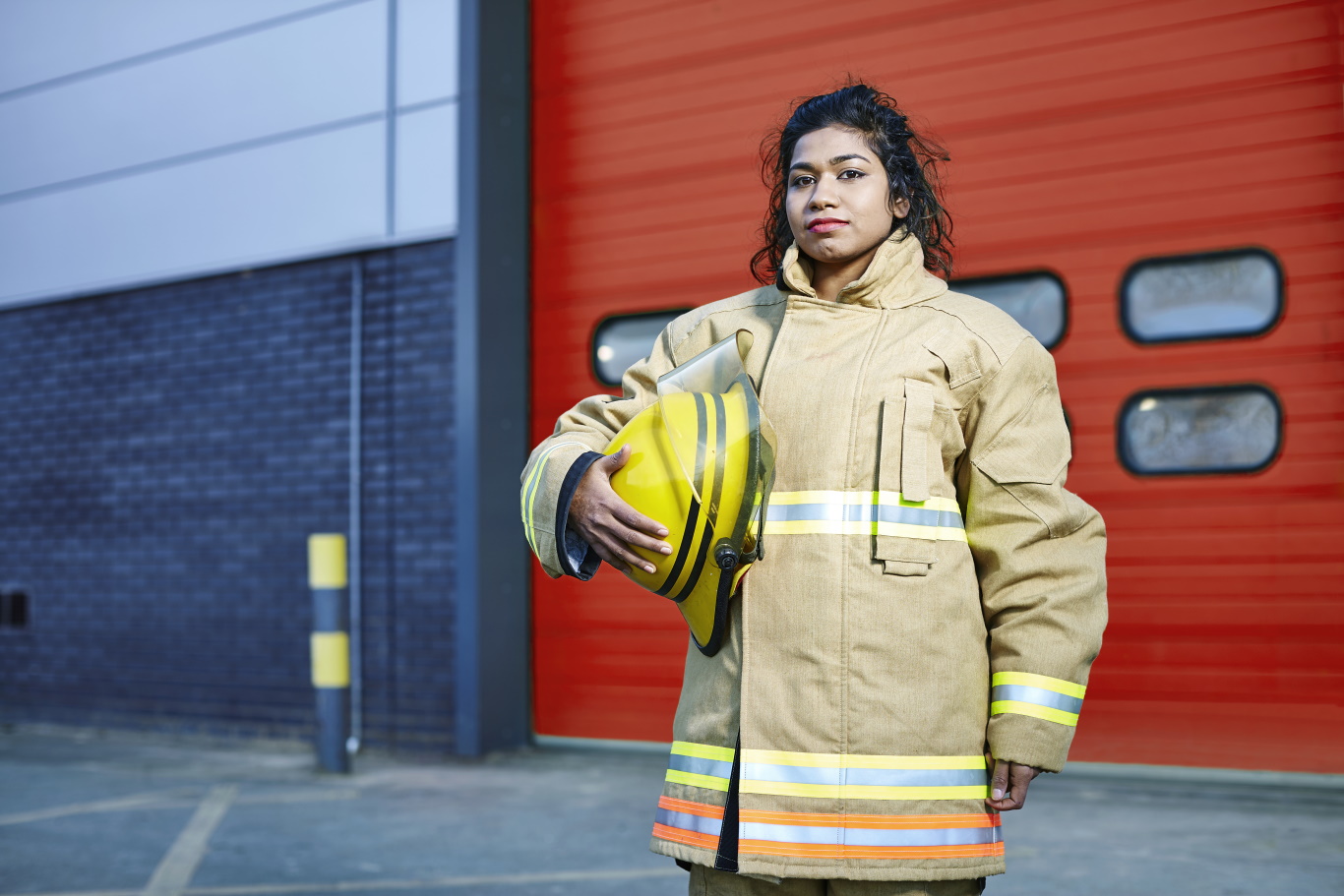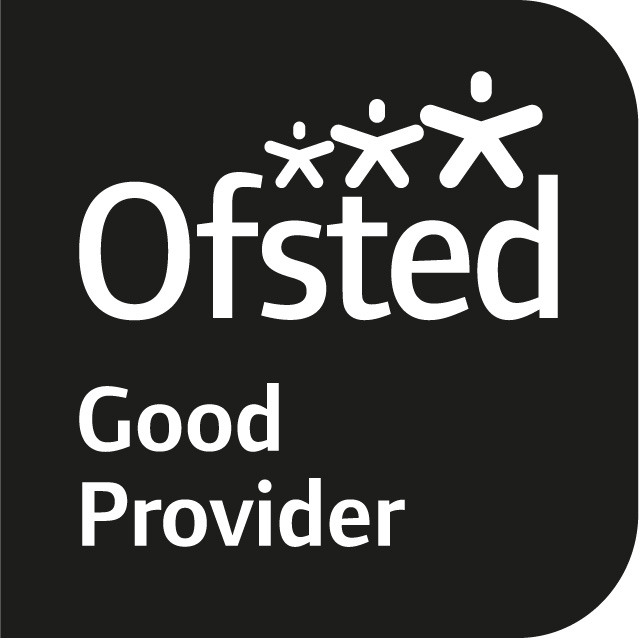
Course may be subject to change.
Gain an in-depth understanding of the principles of the uniformed services sector and gain transferable skills that can be applied to the workplace or further study.
You will develop an understanding of the personal commitment and fitness requirements needed to be employed in a uniformed service role, as well as the external organisations that impact on and influence the work of the uniformed services.
You will learn how uniformed services organisations respond in emergency situations and will gain opportunities to develop the skills and qualities needed to work in a range of uniformed services.
Entry Criteria
You will hold 4 GCSEs at grade 4 or above, including maths and English Language.
Additional Costs
You will be expected to wear a uniform – this will cost approximately £25.
Additional costs for trips and visits will be approximately £30.
What are the next steps?
At the interview stage, you will attend a group presentation, to get more information about the course and to discuss the College’s expectations. You will then have a one-to-one chat with a member of the public services team.
You will be asked a range of questions during your one-to-one so we can find out more about you, your interests, and your strengths.
Study Aims
This policing qualification aims to provide you with an in depth understanding of the principles of the Police service, and you will explore the various avenues of work within policing.
Modules Studied
You will complete three mandatory and six optional units selected from those below (the course team select the optional units).
Mandatory units:
- Prepare for a career in the Police service
- Develop leadership skills
- Equality, diversity and inclusion
Optional Units:
- Preparation for Higher Education
- Develop aspects of physical fitness for entry to the police service
- Values and standards in the police service
- Mental and physical wellbeing in the police service
- Carry out map reading and navigation across open country
- Understand conflict management and personal protection
- The influence of UK government, international organisations and the media on the police service
- Collaboration between the emergency services
- Emergency planning and response in the police service
- Understand the impact of war and conflict on the police service
- Understanding discipline in the police service
- UK legal systems and the police service
- Crime scene investigation
- ICT in the police service
- Volunteering in the police service
- Safeguarding and the Prevent Duty
- The development of the UK police service
- Neighbourhood policing
- Dealing with emergency incidents
- Understanding mental health
Teaching and Assessment
A variety of assessment methods are used, including:
- Assignments
- Time-constrained assignments
- Presentations
- Case studies
- Observation of performance
- Reports
- Posters
- Factsheets
- Workbooks
- Discussions
Industry Links
We have key links with public services employers, such as:
- Army
- Fire Service
- Police
- Prison Service
- RAF
Placement
You will be given the opportunity to take part in a meaningful work placement. You might not be able to attend all opportunities offered, therefore, are encouraged to source your own work experience. A work placement will allow you to develop the essential work-related skills ready for entry to employment.
You will take part in the following activities to gain additional experience of the sector:
- Volunteering opportunities
- Forestry Commission
- Hamsterley Trailblazers
- Look at life courses
You can progress to the second year of the policing course.
After completing the Level 3, you could progress to FdA Policing the Community with Criminology at New College Durham, or a relevant degree at university, or gain employment within the sector.


